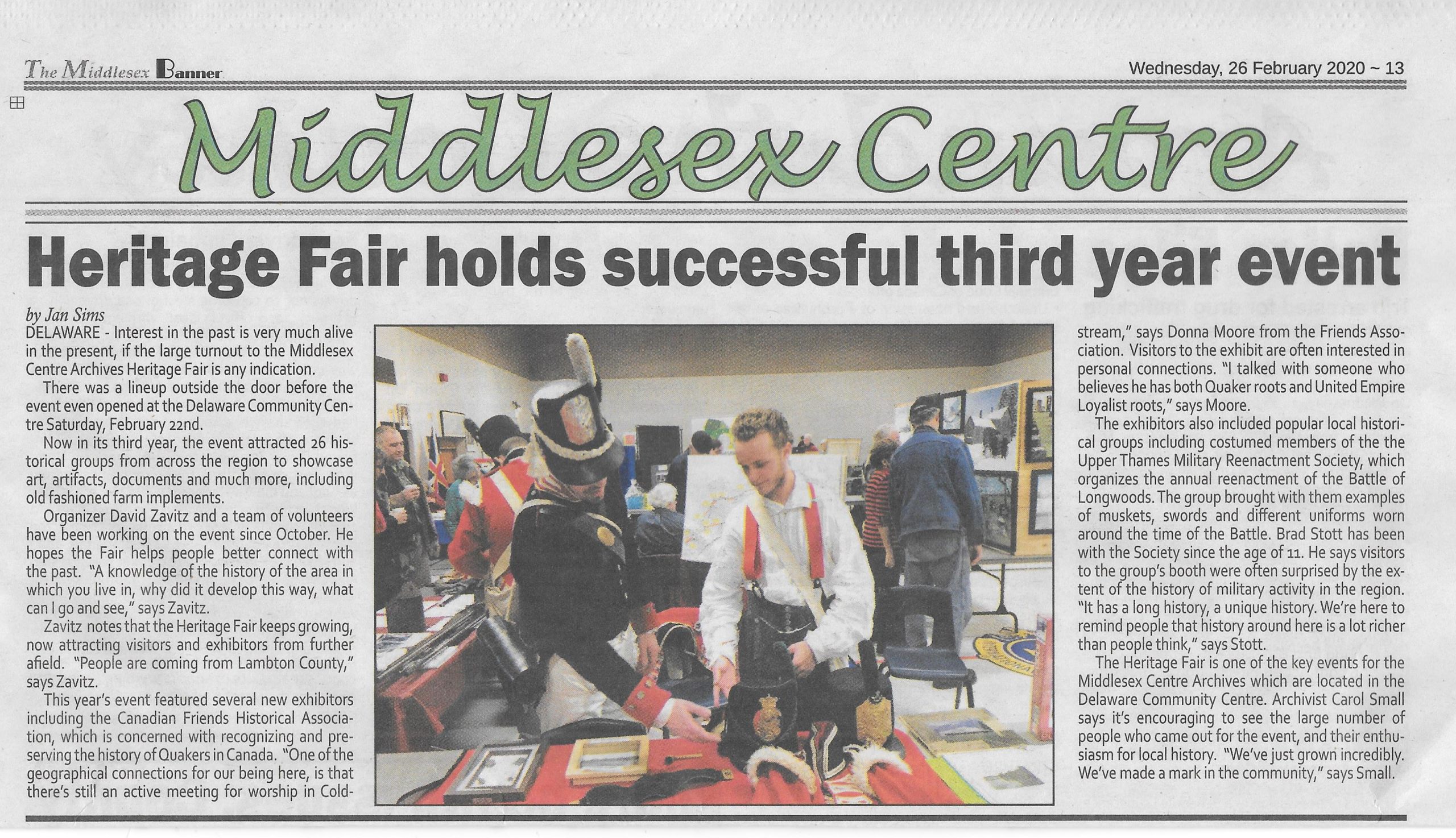Today we are announcing a new transcription available for your perusal: Muncy Women’s Monthly Meeting 1799-1819. This document was provided for our transcription by Swarthmore College Library, and was transcribed by Carman Foster.
Those settling under the Pelham Meeting in the Niagara area and including the Yonge St Meeting around Newmarket mostly came via New Jersey and Pennsylvania meetings. Muncy was one of those meetings. Muncy Monthly Meeting was established in 1799 by Philadelphia Quarterly Meeting out of Catawissa Monthly Meeting.
– Randy Saylor, from the transcription preamble
Has the coronavirus pandemic created some unclaimed hours in your weekly schedule? Are you looking for a safe, indoor activity that would so engage you that you entirely forget about viruses for a while? We may have some interesting and worthwhile ideas for you to consider:
1. Become a volunteer CFHA transcriber. This is a very rewarding aspect of CFHA work, and new transcribers are always welcome. Previous experience is helpful but not essential. We will provide images of original hand written minute books or other documents, and guidance on the conventions we use to create useful research-friendly transcriptions. You can work at your own pace. You will be transported back in time as far as two centuries or more. Learn of the challenges of earlier Friends and their uniquely eloquent forms of expression. Interested? Contact [email protected] to find out more.
2. Are you curious by nature? Like a good puzzle? Thanks to transcriber Carman Foster, we are now, for the first time, in a unique position to pose some simple but worthwhile research questions.
Carman has transcribed one of three minute books of Catawissa Monthly Meeting (designated Muncy MM by Friends Historical Library at Swarthmore College). As many of you know, many of the Catawissa Friends relocated to Uxbridge, Ontario. There they formed the core of the Uxbridge meeting.
As Carman has noted, Muncy 1799-1819 Women is “loaded” with records of removals to Pelham MM in Upper Canada. Removals to Pelham MM were issued until the end of 1806. Later removals were addressed to the recently established Yonge (“Young”) Street MM.
Take a look at these transcriptions from our collection:
Here is where things get interesting. Because we already have Pelham MM transcriptions, perhaps we could develop a little team to answer some questions:
- How many removals were addressed to Pelham MM, and what dates were they issued?
- How many were issued to US meetings? Which ones, and when?
- Of the Pelham removals, whish ones were recorded in the Pelham minutes as being submitted, and when?
- How many removals were issued to single, marriageable-age women and men? Many removals include this information.
Sound interesting? Contact [email protected] for more details.




